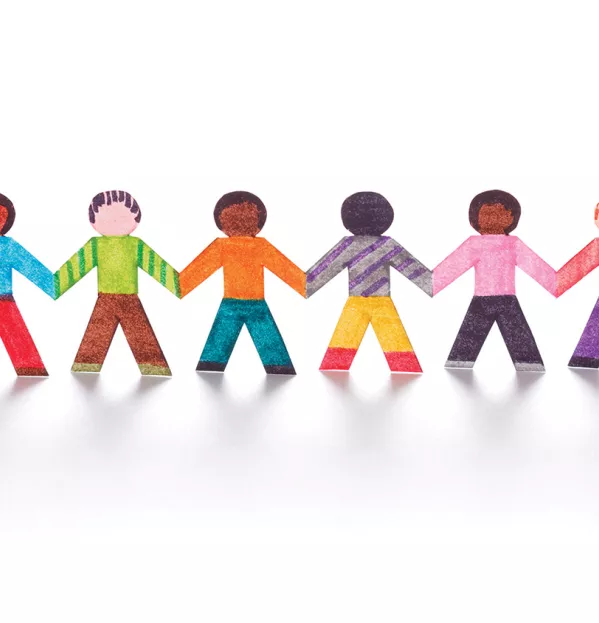As a headteacher of a special school, I aim to give my students access to a range of exciting and enhancing experiences. However, educational visits for young people with SEND can be a minefield.
A step outside your own school gates can expose the prejudices that exist in most communities. Members of the public can be quick, and often noisy, to judge.
A fellow headteacher told me recently about a trip to Italy where some young people with Down’s syndrome were not allowed on theme park rides because they looked different. I work with young autistic women and have noticed how some people comment on the behaviour or interaction of the girls without understanding how this will impact on the individuals.
Often, children and young adults with SEND have had only limited experiences of being included on trips. Caregivers of children with SEND are not always in a position to access amenities, while mainstream schools can sometimes focus on the aspects that would make it hard to include a child with SEND on an educational visit.
We need to tackle the prejudices of those who run the attractions, and of the public, to help mainstream schools improve on the inclusivity of trips. A way to minimise any misunderstanding on behalf of the attraction and the public is to visit the destination beforehand, explain who is coming and what to expect. We create fact sheets about our students, with dos and don’ts listed, to promote understanding, and also to gently set an expectation about how inclusive we expect an attraction to be.
Open to feedback
For their part, attractions should be honest about what they can and can’t do, and what they feel comfortable with. Promising the earth then delivering little is just dispiriting for all involved. The best destinations are open to feedback and able to accommodate different needs.
We also have to prepare our students properly. For some young people with SEND, changes can be very difficult to manage, and can make them anxious, leading to alterations in their communication and behaviour. Educational visits or residential trips can seem like a step too far for them but, with the right preparation, they can be life-changing. Photos or film of the new location can help to reduce students’ anxiety about going somewhere new, as can social stories about going to a new place.
As for mainstream schools, through working with families and putting the young person at the centre of their thinking, they can find ways to make a trip truly inclusive. Providing lots of information about a destination to parents and carers helps - they can discuss it at home with their child and troubleshoot any potential problem areas or misunderstandings ahead of the trip. And using social media can help to allay parental anxieties while the trip is in progress: there is nothing as reassuring as seeing a film clip of your child having the time of their life.
We need to get this right because when we do, the confidence and joy that trips and visits can bestow can be long-lasting and transformational.
Sarah Wild is headteacher at Limpsfield Grange, in Surrey, a special school for girls with autism
